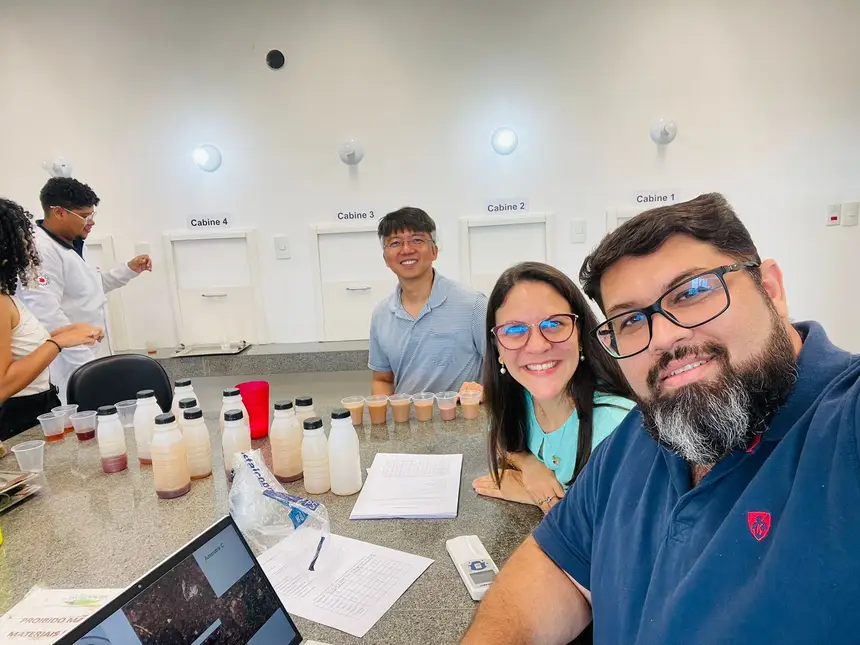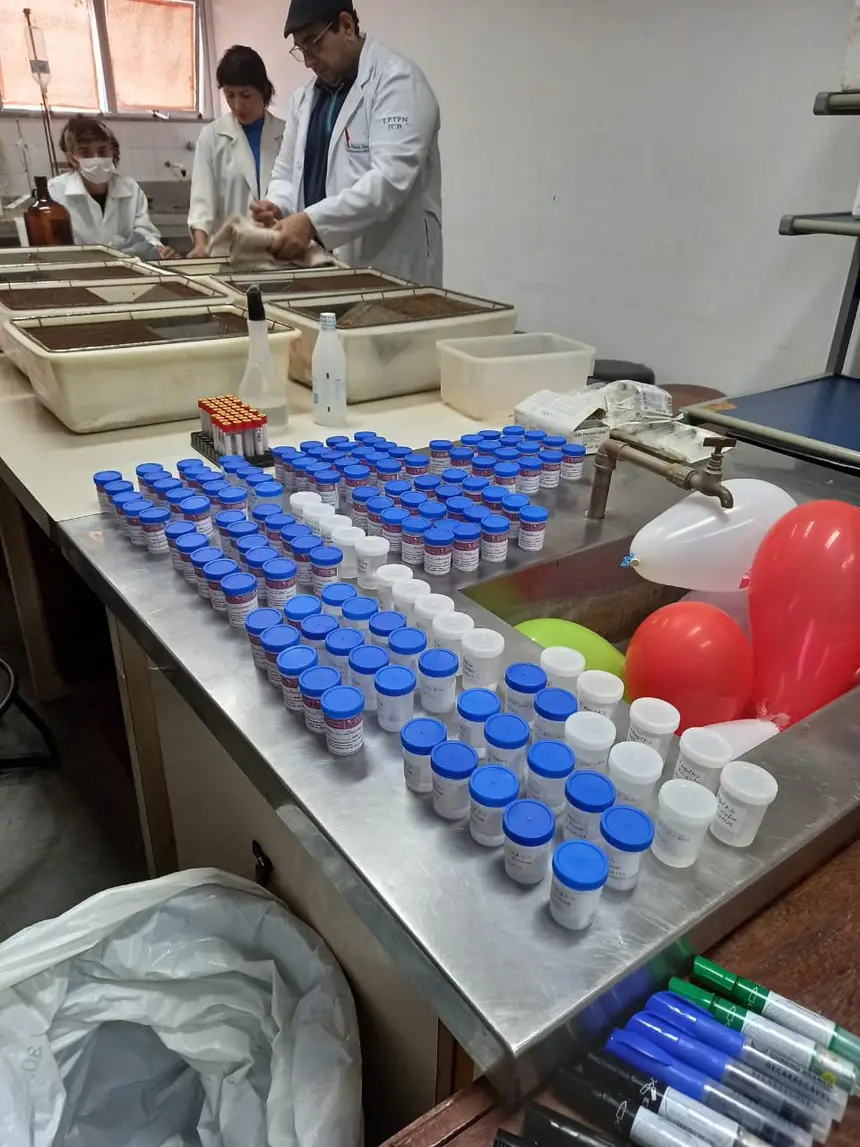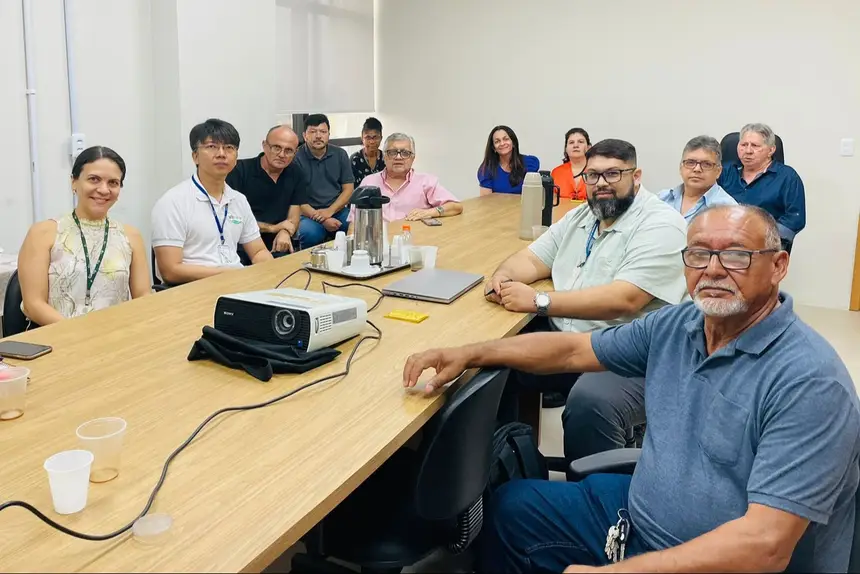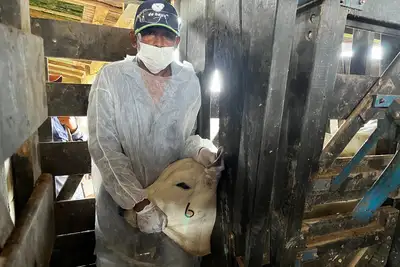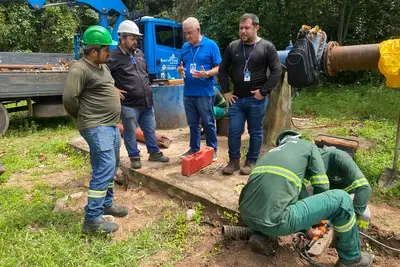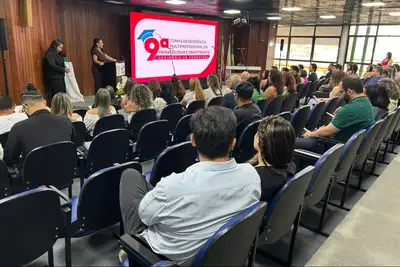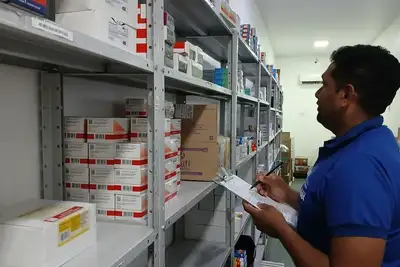Scientific innovation ensures safety and visibility for the new Amazon product: açaí coffee
The project received support from Fapespa and directly supports the açaí production chain, strengthening the local bioeconomy and generating income alternatives from a coproduct that was previously discarded.
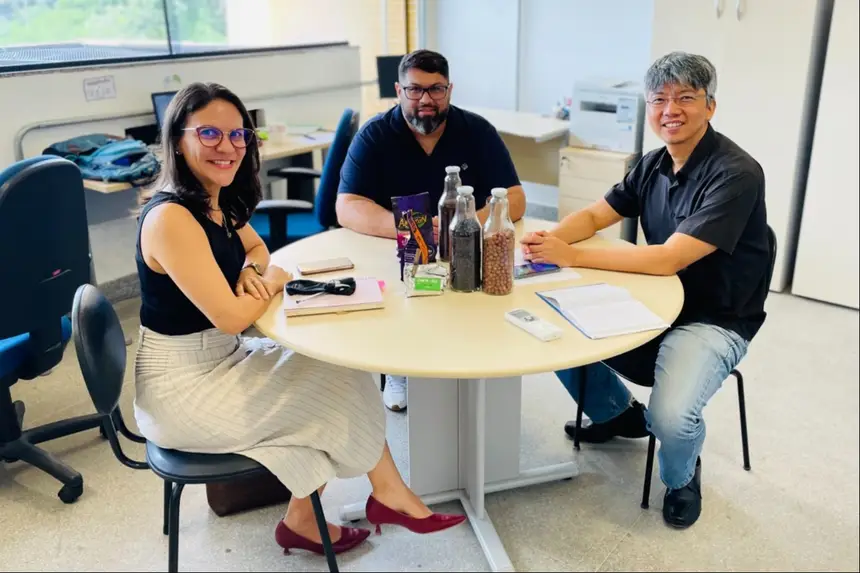
The "açaí coffee" project emerged from the need of associated producers seeking technical and scientific support for the production sector of roasted and ground açaí beans, as the competent regulatory body, the Sanitary Surveillance, suspended the commercialization of the product due to the lack of regulation of factories in regions of Pará. Thus, it was necessary to implement partnerships between these producers and the scientific-academic community aiming to provide safety to regulatory and supervisory bodies and other actors involved in the production chain of the fruit's waste.
The execution of the studies involved partnerships between universities, accredited laboratories, and support from state agencies, such as the Amazon Foundation for Support of Studies and Research (Fapespa), which provided funding to enable the realization of the project "Study of the microbiological quality, antimicrobial activity, toxicological effects, and stability of roasted and ground açaí beans, aiming for the regulation of the product." The study is coordinated by Dr. Diego Aires da Silva, a professor at the State University of Pará (Uepa), general coordinator of Physical-chemical Analyses.
In this context, the project aimed to study the utilization of açaí seeds through microbiological, physical-chemical, toxicological, and sensory analyses for the production of "açaí coffee," waste transformed into roasted and ground beans. To compile the research data, collections were made in different locations in Pará, and processing was done on a pilot scale and laboratory trials. Thus, ensuring scientific rigor and practical applicability of the results obtained.
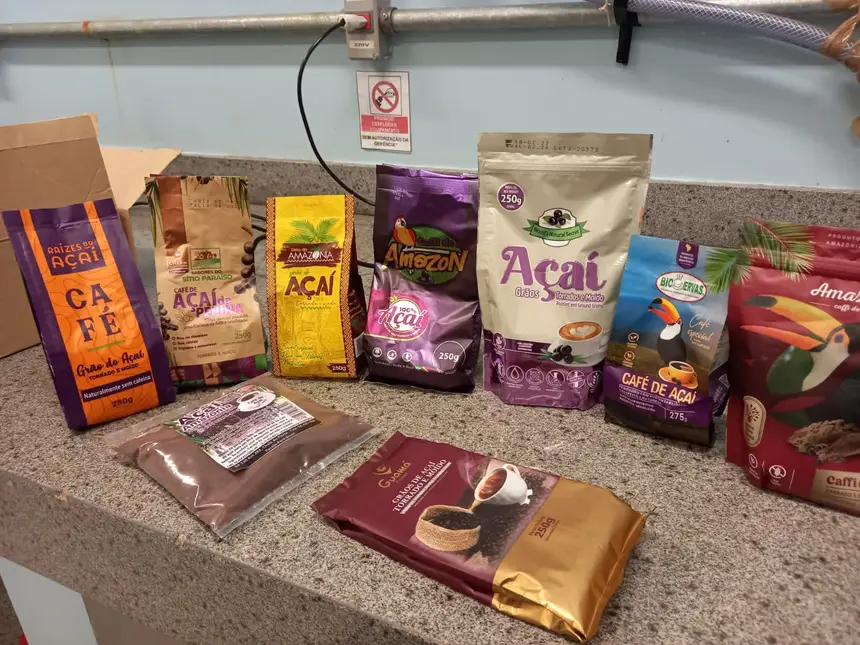
"The aim was to characterize the roasted bean in relation to its composition, stability, toxicological safety, and potential consumer acceptance, as well as to evaluate its viability as an innovative product of Pará's sociobiodiversity," explained coordinator Diego Aires, who has the support of professors Carissa Michelle Goltara Bichara from the Federal Rural University of the Amazon (Ufra) - microbiological analyses, and Nilton Muto from the Federal University of Pará (CVACBA/UFPA) - toxicological analyses.
Research - By producing scientific evidence, the study contributes to ensuring food safety, promoting value addition, and supporting the regulation of a product that was already circulating in the market but lacked technical and normative validation. This initiative aimed to provide scientific bases that support the technical regulation of roasted and ground açaí beans to producers and their associations, ensuring the quality and safety of the product for human consumption.
"The funding from Fapespa was decisive for carrying out these complex laboratory analyses and for articulating a multidisciplinary network of researchers. This support enabled the production of reliable data, strengthening applied research and fostering closer ties between academia, the productive sector, and regulatory bodies, ensuring the scientific quality necessary to support future regulations," declared the professor. Thus, the project is also relevant because it directly supports the açaí production chain, strengthening the local bioeconomy and generating income alternatives from a coproduct that was previously discarded.
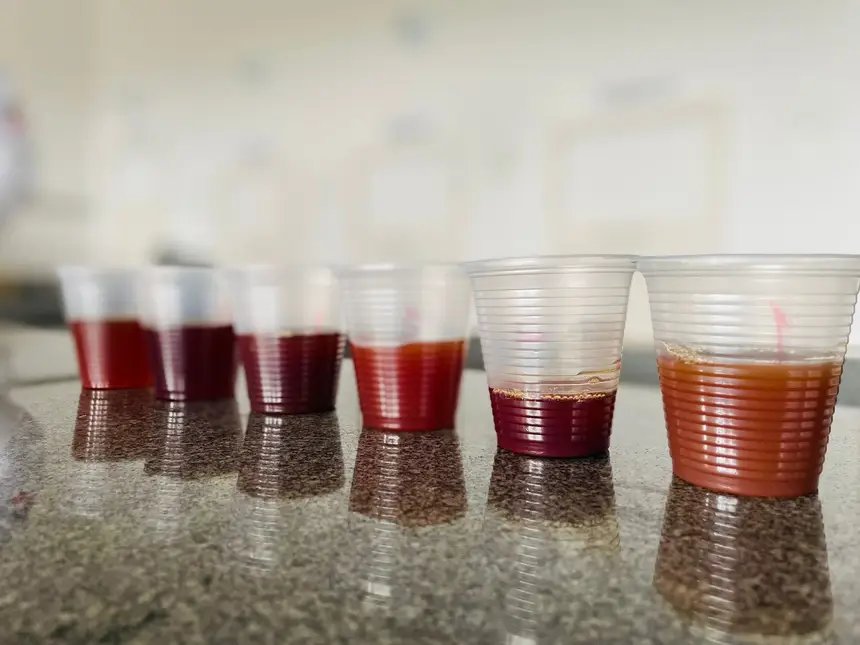
Results - The results confirmed the toxicological safety of consuming the new product, which is based on roasted and ground açaí beans, and demonstrated the absence of pathogenic microorganisms, low water activity (which ensures stability in storage), as well as highlighting a sensory profile with potential consumer acceptance. Thus, the initiative generated a process of data collection on processing, toxicology, and microbiology that provided the competent authorities with the necessary information for better storage and processing of these products.
In 2025, the research established itself as a reference in the technical regulation process of the product, whose discussion took place in meetings hosted by bodies such as the Legislative Assembly of Pará (Alepa) and the State Agency for Agricultural Defense of Pará (Adepará). Furthermore, the project participated in significant events, such as the presentation at the 21st edition of the Americas Competitiveness Exchange, being disseminated as a case for new joint work fronts, as the study served to demonstrate the effectiveness in solving the problem related to the product, and where it stood out as a replicable experience for other strategic demands of the bioeconomy, even generating positive feedback from potential international investors.
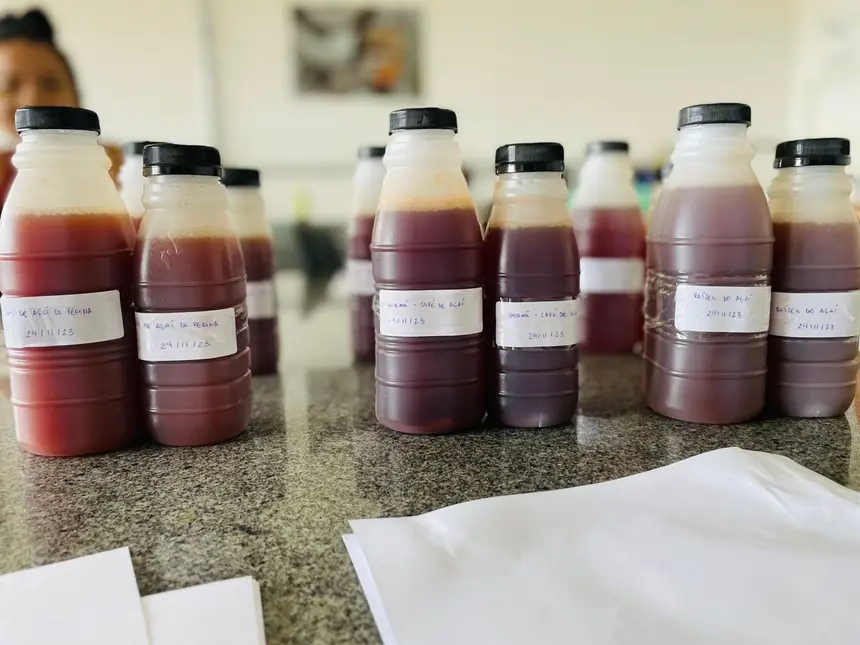
Another ongoing development is the transformation of açaí seeds into special flour for fiber enrichment in food products. This new initiative is part of the actions coordinated by the research group Technology and Innovation for the Food Industry – TecInova/Uepa. Thus, the "açaí coffee" is about to return to the market in a regulated manner, representing progress for the bioeconomy and the appreciation of Amazonian sociobiodiversity.
For the president of Fapespa, Marcel Botelho, "the products of our bioeconomy derived from the great biodiversity that exists in the Amazon have incredible potential. However, all of them depend heavily on science, technology, and innovation to add value, generate security, both legal and for the final consumer regarding its quality and components. This is what this project funded by Fapespa has brought to an extremely relevant product derived from açaí, which now, with the support of science, technology, and innovation, has the necessary security to gain markets and increasingly boost the Pará bioeconomy."
*Text: Jeisa Nascimento, intern, under the supervision of journalist Manuela Oliveira – Ascom/Fapespa



